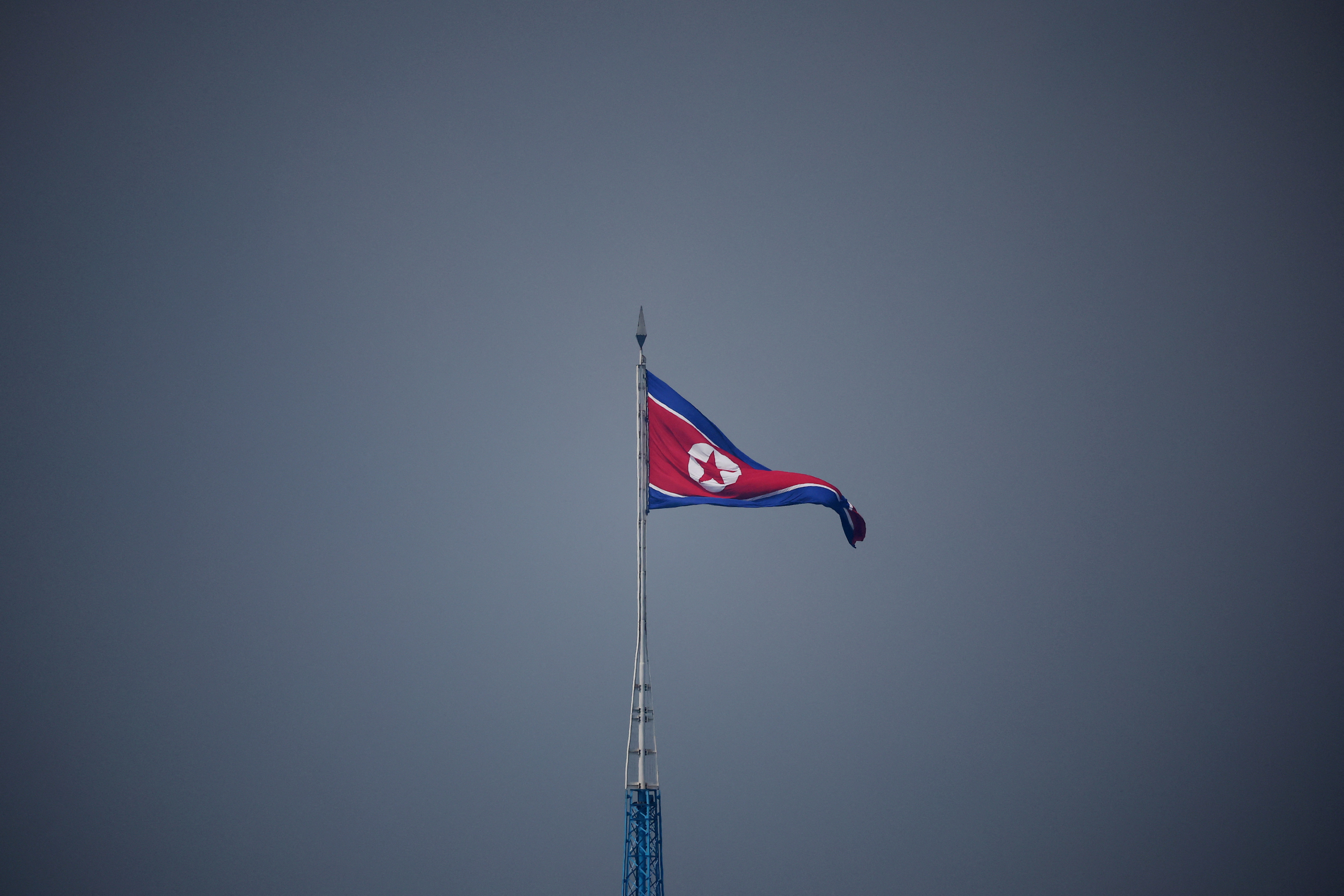Russia Strikes Ukrainian Ports and Withdraws from Grain Agreement, Creating Concerns of Rising Food Prices and Hunger
KYIV, July 18 - Russia launched strikes on Ukrainian ports just a day after pulling out of a U.N.-backed deal for safe Black Sea grain exports. The attacks targeted fuel storage in Odesa and a plant producing seaborne drones, in what Russia called ”mass revenge strikes” for Ukraine’s attacks on its road bridge to the occupied Crimean Peninsula. The move by Moscow has raised concerns about the potential for hunger and rising food prices around the world.
The United Nations, which brokered the year-old grain agreement between Russia and Ukraine, expressed alarm at Russia’s withdrawal. U.N. spokesman Stephane Dujarric stated that there are “a number of ideas being floated” to ensure the continued export of Ukrainian and Russian grain and fertilizer to global markets. The Black Sea deal was established in response to a global food crisis exacerbated by Russia’s invasion of Ukraine in February 2022 and its blockade of Ukrainian ports. Both countries are major grain exporters.
Ukraine’s President Volodymyr Zelenskiy emphasized the importance of global security and the commitment to Ukrainian farmers in his nightly video address. He stated that Ukraine is working on options to maintain its food supply commitments despite the challenges posed by Russia’s actions.
However, Moscow rejected Ukraine’s calls to resume shipping without Russian participation, citing security concerns in the war zone. Kremlin spokesman Dmitry Peskov stated that without appropriate security guarantees, there are risks involved. Russia has also demanded that rules be eased for its own exports of food and fertilizer as a condition for returning to the grain agreement. Western countries view this demand as an attempt to leverage food supplies to weaken financial sanctions.
The recent strikes on Ukrainian ports have caused damage to homes and port infrastructure in Odesa, according to Ukraine’s southern operational military command. The Ukrainian air force reported shooting down six Kalibr missiles and 31 out of 36 drones. Russia claimed to have foiled a Ukrainian drone strike on Crimea with no major damage on the ground. The situation on the ground remains highly contested, with conflicting reports from both sides.
While Ukraine launched a counteroffensive six weeks ago, Russia has mounted its own ground offensive in the northeast. Moscow claims that Ukraine’s assault has failed, but Ukrainian Deputy Defence Minister Hanna Maliar stated that the initiative in the area has shifted to Ukrainian forces. Ukrainian troops have made new gains near Bakhmut in the east, a town previously captured by Russian forces. Heavy fighting has been reported in the village of Staromayorske, with Ukrainian forces making advances but not yet gaining complete control.
The top U.S. general, General Mark Milley, acknowledged that Ukraine’s counteroffensive is far from a failure but predicted a long and difficult battle. Both sides have suffered significant losses in what is considered Europe’s bloodiest combat since World War Two. Despite previous attempts to break through heavily defended Russian lines, the front lines have only moved incrementally since last November.
The situation in Ukraine remains highly volatile, with the international community closely monitoring developments and seeking solutions to ensure the continued export of grain and fertilizer from the region.
Reporting by Reuters bureaus; Writing by Peter Graff, Alex Richardson, and Grant McCool; Editing by Angus MacSwan, William Maclean, and Daniel Wallis

What are the potential consequences of Russia’s withdrawal from the grain agreement and the strikes on Ukrainian ports on global food security?
N ports and Russia’s withdrawal from the grain agreement have sparked concerns about the potential for rising food prices and hunger. Russia launched strikes on Ukrainian ports just a day after pulling out of a U.N.-backed deal for safe Black Sea grain exports. These strikes targeted fuel storage in Odesa and a plant producing seaborne drones, which Russia referred to as “mass revenge strikes” for Ukraine’s attacks on its road bridge to the occupied Crimean Peninsula.
The United Nations, which brokered the year-old grain agreement between Russia and Ukraine, expressed alarm at Russia’s withdrawal. The U.N. spokesperson, Stephane Dujarric, stated that there are discussions about ensuring the continued export of Ukrainian and Russian grain and fertilizer to global markets. The Black Sea deal was initially established to address the global food crisis worsened by Russia’s invasion of Ukraine in February 2022 and its blockade of Ukrainian ports. Both countries are major grain exporters.
Ukraine’s President, Volodymyr Zelenskiy, emphasized the importance of global security and the commitment to Ukrainian farmers in his nightly video address. He stated that Ukraine is working on alternatives to maintain its food supply commitments despite the challenges posed by Russia’s actions. However, Moscow rejected Ukraine’s calls to resume shipping without Russian participation, citing security concerns in the war zone. Kremlin spokesperson Dmitry Peskov stated that without appropriate security guarantees, there are risks involved. Russia has also demanded that rules be eased for its own exports of food and fertilizer as a condition for returning to the grain agreement. Western countries perceive this demand as an attempt to leverage food supplies to weaken financial sanctions.
The recent strikes on Ukrainian ports and Russia’s withdrawal from the grain agreement have raised concerns globally about potential food shortages and increased food prices. The international community is closely monitoring the situation and exploring ways to ensure the continued export of grain and fertilizer from Ukraine and Russia. The impacts of these actions on global food security and the welfare of Ukrainian farmers remain significant concerns.


:focal(2306x1603:2316x1593):watermark(cloudfront-eu-central-1.images.arcpublishing.com/ipmgroup/6LJWAO74QZHR7KW5AX2LGSOHQQ.png,0,-0,0,100)/cloudfront-eu-central-1.images.arcpublishing.com/ipmgroup/AXMN5BA6ABCLBOCCNJPRDJ2OEY.jpg)
This withdrawal from the grain agreement by Russia only adds to the mounting concerns of a potential hunger crisis. It is imperative for the UN to explore sustainable solutions to ensure food security for all, especially in times of global uncertainty.